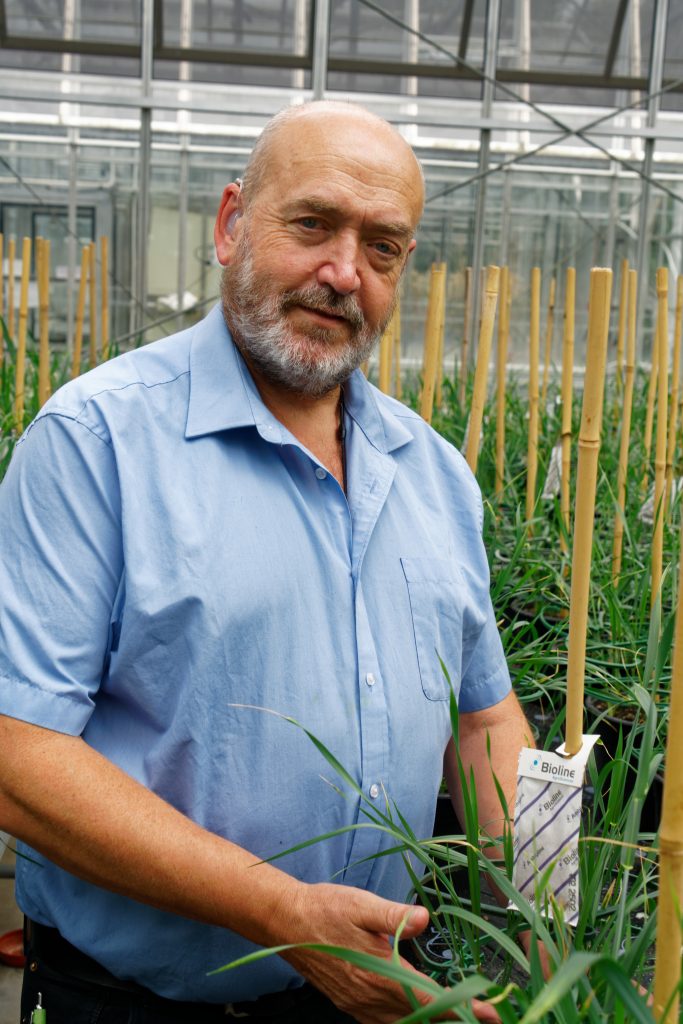Government’s commitment to deliver the secondary legislation required for farmers in England to grow precision-bred crops by the end of March has been welcomed by partners in a major project.
Speaking at the Oxford Farming Conference Defra Secretary of State Steve Reed said: “Precision breeding offers huge potential to transform the plant breeding sector in England, enabling innovative products to be commercialised in years, instead of taking decades.”
The legislation would ‘unlock’ precision breeding technology to allow farmers in England to grow crops that are “more nutritious, resistant to pests and disease, resilient to climate change, and that benefit the environment,” he said.
The Genetic Technologies (Precision Breeding) Act was passed in 2023, and the secondary legislation will mean that crops developed using precision breeding techniques such as gene editing will be able to enter the food chain.
Partners in the PROBITY project – which is bringing gene-edited cereal varieties into trials on commercial farms – welcomed the announcement. PROBITY (A Platform to Rate Organisms Bred for Improved Trait and Yield) is a three-year, £2.2m farmer-led project, funded by Defra’s Farming Innovation Programme Small R&D Partnership Round 3.

and PROBITY project Technical Lead
The project’s Technical Lead Professor Nigel Halford of Rothamsted Research said: “It is great news that the government is moving forward with this.
“Many parts of the world are way ahead of us on precision breeding, and we need to catch up.”
Tom Allen-Stevens is an Oxfordshire farmer and founder of The British On-Farm Innovation Network (BOFIN) which leads the PROBITY project.
He explained: “While countries in Asia and the Americas are way ahead of the UK on this, The Genetic Technologies Act created some competitive advantage – for farmers in England at least – within Europe. However, without the necessary secondary legislation it would be meaningless as farmers wouldn’t know if they would be able to sell crops created through precision breeding.
“Our concern now is that the legislation comes into effect in time, to enable us to progress our trials, planned to start this autumn. These trials are essential if farmers are to assess whether this technology will deliver the benefits expected.”
MP campaign
The British On-Farm Innovation Network (BOFIN) has written to MPs to stress the importance of the secondary legislation to the advancement of precision breeding and invite them to learn more about precision breeding by taking part in its PROBITY Pledge campaign
“We want an informed discussion so that everyone in the industry understands precision breeding and has the opportunity to shape how it comes into UK fields,” the letter says. “Our PROBITY Pledge campaign invites anyone with an interest in agriculture to spend a minimum of one hour learning about precision breeding and what it could mean for sustainable food production and to share their views with our online community The Sequence Circle.”
To join PROBITY Pledge click HERE